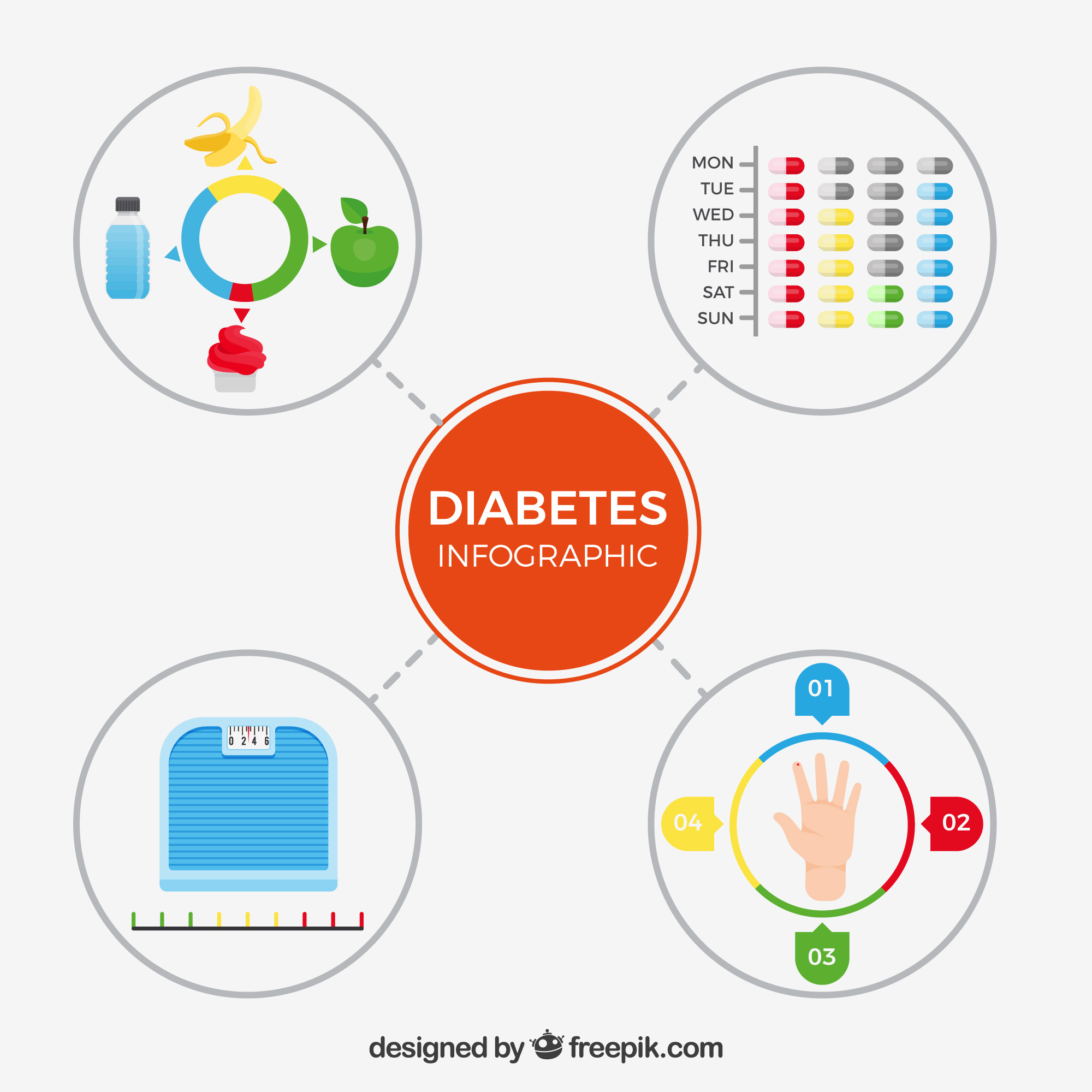
The Role of Hormones in Understanding the Types of Diabetes: Type 1, Type 2, and Gestational Diabetes
Diabetes is a condition that affects how your body uses blood sugar, or glucose. Hormones play a crucial role in diabetes, influencing its various types: Type 1, Type 2, and gestational diabetes. Let’s delve into these types in simple terms.
Understanding Diabetes Types
- Type 1 Diabetes: This type of diabetes occurs when the immune system mistakenly attacks and destroys insulin-producing cells in the pancreas. Insulin is a hormone that helps regulate blood sugar levels.
buy antabuse online https://hiims.in/blog/wp-content/uploads/2024/08/jpg/antabuse.html no prescription pharmacy
Without enough insulin, blood sugar can’t enter cells to be used for energy, leading to high blood sugar levels. Type 1 diabetes often develops in children and young adults, but it can occur at any age.
- Type 2 Diabetes: Type 2 diabetes is more common and typically develops in adults, although it’s increasingly being diagnosed in children and adolescents. In Type 2 diabetes, the body either doesn’t produce enough insulin or becomes resistant to insulin’s effects. This results in elevated blood sugar levels. Factors such as genetics, obesity, lack of physical activity, and poor diet contribute to the development of Type 2 diabetes.
buy cialis soft tabs online https://hiims.in/blog/wp-content/uploads/2024/08/jpg/cialis-soft-tabs.html no prescription pharmacy
- Gestational Diabetes: Gestational diabetes occurs during pregnancy when hormone levels change, affecting insulin’s action. The placenta produces hormones that can make cells more resistant to insulin, leading to elevated blood sugar levels. Gestational diabetes usually resolves after childbirth, but it increases the risk of developing Type 2 diabetes later in life for both the mother and child.
Understanding Hormones’ Role
Hormones play a vital role in diabetes by influencing insulin production, action, and glucose metabolism in the body. Insulin, produced by the pancreas, helps regulate blood sugar levels by facilitating glucose uptake into cells for energy. Hormonal imbalances, such as those seen in Type 1 diabetes due to autoimmune destruction of insulin-producing cells or insulin resistance in Type 2 diabetes, disrupt this delicate balance.
Conclusion
By understanding how hormones contribute to the different types of diabetes, individuals can better grasp the underlying mechanisms of the condition. This knowledge is crucial for effective management and prevention strategies tailored to each diabetes type.
To seek medical advice, always consult a Doctor.
Here are our recommended experts.
To read more on Diabetes . Click Here


